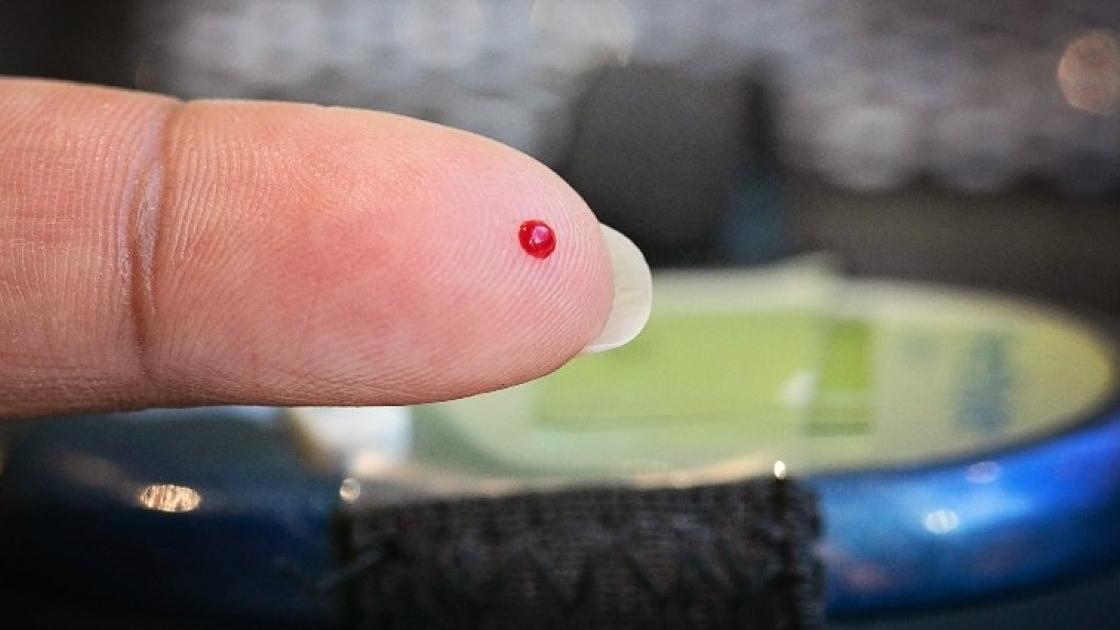
Diabetes causes, complications, symptoms & treatment
What is diabetes?
Diabetes is a condition of high blood sugar, also called glucose. There are two major types of diabetes. Patients with type 1 diabetes fail to make insulin, the hormone that moves glucose from blood into tissues where it is used for energy. In type 2 diabetes, patients make some insulin, but not enough to overcome resistance to effects of the hormone in key organs such as muscle, liver and fat.
Diabetes is one of the most common health problems in the United States. According to the Centers for Disease Control and Prevention National Diabetes Statistics Report for 2020, more than 34 million Americans have diabetes. The vast majority (90%) have type 2 diabetes. Approximately 1.5 million new cases of diabetes are diagnosed each year.
Why is diabetes important?
High blood sugars are harmful to every organ in the body. Diabetes causes an eye condition called retinopathy, which is the leading cause of blindness in the United States. Patients with diabetes are at risk for kidney injury, called nephropathy, which causes the most cases of kidney failure requiring dialysis or kidney transplant. Nerve injury from high glucose can lead to neuropathy, a condition that causes discomfort or numbness in the feet and increases risk of foot injury. Diabetes is the leading cause of amputations not caused by direct injury to a limb. Patients with diabetes are at high risk for heart attacks or strokes, and cardiovascular disease causes about 70% of diabetes-related deaths.
Fortunately, controlling blood sugars well has been shown to significantly reduce the risk of complications for patients with both type 1 and type 2 diabetes.
How do I know if I have diabetes?
Most patients with type 2 diabetes do not have symptoms of high blood sugar when they are diagnosed. There are several known risk factors for type 2 diabetes – age over 65, obesity, family history of diabetes, high blood pressure, history of diabetes in pregnancy (gestational diabetes), and certain ethnic backgrounds (for example, African American or Hispanic American) – that should prompt testing of fasting glucose yearly. A fasting glucose of more than 126 mg/dL indicates diabetes. Hemoglobin A1c (HbA1c), a marker of average blood glucose over the previous three months, can be measured to diagnose diabetes if you are not fasting. A HbA1c ≥ 6.5% is diagnostic of diabetes.
Patients with type 1 diabetes are more likely to have symptoms of very high blood sugar before diagnosis, though these symptoms may also occur in patients with type 2 diabetes. Potential symptoms of high blood sugar include excessive thirst, frequent urination, unexplained weight loss, unusual hunger, fatigue, blurry vision and injuries to skin that are slow to heal. One or more of these symptoms may be present when blood sugar is more than 200 mg/dL, and some patients have blood sugars much higher than this if they have symptoms.
How is diabetes treated?
There are multiple treatment options to control blood sugars in cases of type 2 diabetes. All patients benefit from diets that reduce calories and carbohydrates (sugars and starches) and regular exercise. For patients with type 2 diabetes, there are several classes of medication to lower blood glucose in addition to insulin. Many patients with type 2 diabetes will eventually require a combination of medications or insulin to control blood sugars due to the progressive nature of the condition. Patients with type 1 diabetes have a life-long requirement for insulin to control blood sugars.
For most patients, medications are adjusted with a goal of keeping HbA1c below 7%. This has been shown to reduce the risk of complications in patients with both type 1 and type 2 diabetes.
Who can help me manage my diabetes?
Most patients with newly diagnosed type 2 diabetes can work with their primary care provider to manage blood sugars. Dietitians and certified diabetes educators also play an important role in management of diabetes after diagnosis. Changes to diet, exercise and oral medications often work well in early management of type 2 diabetes and help keep HbA1c below 7%.
Over time, type 2 diabetes requires multiple medications or insulin to keep blood sugars under control. This is a stage of treatment when you may be referred to an endocrinologist. Endocrinologists are specialists in hormone disorders and have the highest levels of expertise and experience in diabetes management. An endocrinologist will work closely with dietitians and certified diabetes educators to manage blood glucose.
Since insulin is required for management of type 1 diabetes, it is preferable for an endocrinologist to manage the condition. Patients with type 1 diabetes also work closely with dietitians and certified diabetes educators.
How can I get help with my diabetes at SIU?
If you have diabetes but don’t have a primary care doctor, it is important to establish care with one. For patients with type 1 diabetes or advanced type 2 diabetes, management by an endocrinologist is likely indicated. The Division of Endocrinology has an American Diabetes Association accredited diabetes program. For more information, call 217.545.8000.




